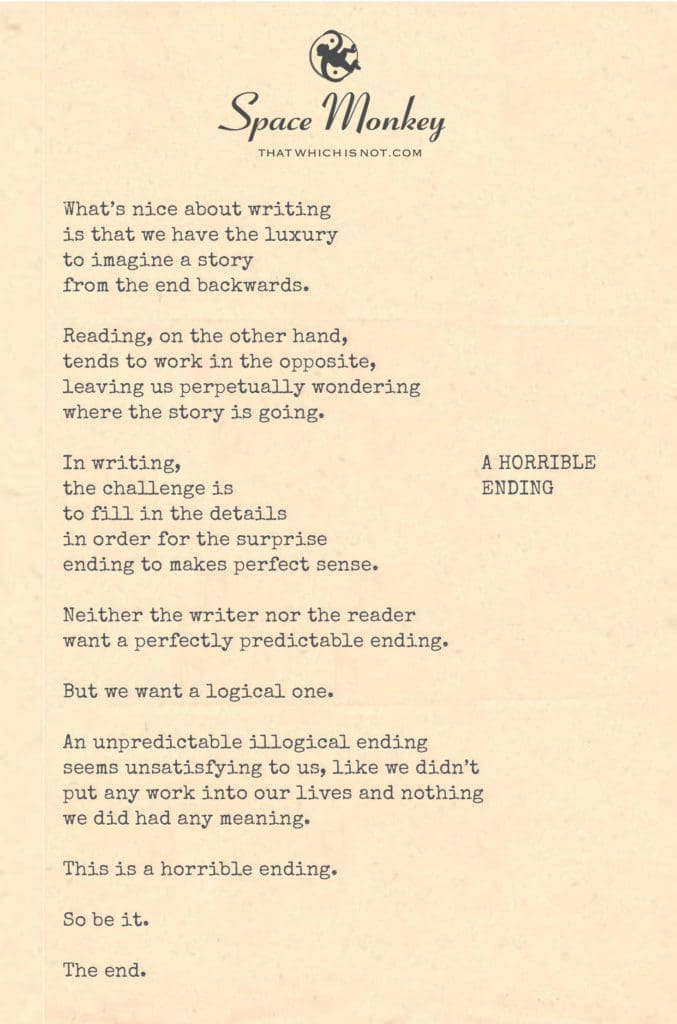
What’s nice about writing
is that we have the luxury
to imagine a story
from the end backwards.
Reading, on the other hand,
tends to work in the opposite,
leaving us perpetually wondering
where the story is going.
In writing,
the challenge is
to fill in the details
in order for the surprise
ending to makes perfect sense.
Neither the writer nor the reader
want a perfectly predictable ending.
But we want a logical one.
An unpredictable illogical ending
seems unsatisfying to us.
Like we didn’t put any work into our lives
and nothing we did had any meaning.
This is a horrible ending.
So be it.
The end.
Trail Wood,
11/25
Space Monkey Reflects: The Unpredictability of Endings
In life, we occupy two roles simultaneously: the reader and the writer. As writers, we hold the power to imagine a story from the end backward. We can craft the plot in such a way that everything makes sense, the ending tying up the threads with clarity. As readers, though, we are left wandering, moving forward with uncertainty, never knowing exactly where the story is going.
And here’s the challenge—both as readers and writers of our own lives, we desire an ending that isn’t predictable, but that still makes sense. This delicate balance between surprise and logic is what gives a story its meaning. Yet, what if we fail to achieve that balance? What if, after all the work we put into the narrative of our lives, we arrive at an ending that feels illogical or disconnected from the rest? This, we fear, is the most horrible of endings—one that renders everything we’ve done meaningless.
But who defines the meaning of an ending? We do. Whether we approach life as a reader, experiencing it moment to moment, or as a writer, attempting to craft the trajectory of our existence, there is always the lurking possibility that life will not conform to our expectations. The whimsiword Endplunge captures that feeling—the sudden, unexpected descent into an ending that feels like it came from nowhere, leaving us bewildered and grasping for logic. Endplunge is the sensation of free-fall when the narrative doesn’t land where we thought it would, or should.
Yet, even in the face of an illogical or unsatisfying ending, there is grace to be found. Nexistentialism reminds us that the meaning of a story is not confined to its conclusion. Life, like any narrative, is full of unpredictable twists, and what seems like a horrible ending may simply be an ending we have not yet learned to understand. Perhaps it is not the ending that is horrible but our desire for Closurelogic, the craving for everything to wrap up neatly in a way that satisfies our sense of meaning and purpose.
But real life doesn’t work that way. Endings are messy, unpredictable, and often defy the tidy structure we crave. The more we cling to the idea of a “perfect” or “logical” ending, the more we set ourselves up for disappointment when life throws something unexpected at us. Instead of fearing the unpredictable, we might learn to embrace the uncertainty. The ending that doesn’t seem to make sense today may reveal its deeper meaning over time—just as a reader often discovers hidden layers in a story upon reflection.
What’s truly fascinating about life is that we are not just readers waiting to see how the story ends. We are also the writers, actively filling in the details, shaping the plot as we go. This dual role gives us an incredible sense of agency, even as it reminds us of the limits of our control. Yes, we can write the story of our lives, but we cannot always predict where the story will take us. The challenge, then, is to write with both intention and flexibility, allowing for the possibility that the ending will surprise us, and maybe even unsettle us, without leaving us feeling like everything was for nothing.
What makes an ending feel “horrible”? It’s the fear that everything we did, everything we worked toward, meant nothing in the end. But meaning is not something fixed. It is fluid, just like the rest of life. We find meaning in the act of living, in the writing of the story, not necessarily in the final page. Endplunge may happen—it may feel sudden, illogical, or unsatisfying—but it does not negate the value of everything that came before.
The real challenge is to live without being attached to how the story “should” end. This doesn’t mean we stop caring about the ending, but rather that we stop defining the meaning of our entire lives based on how we think it will or must conclude. In the end (pun intended), the “horrible” ending is only horrible if we see it as such. If we accept that life is unpredictable, that some stories won’t tie up neatly, we may find a strange beauty in the chaos.
Summary
In life, we are both the writer and the reader, constantly balancing between crafting our story and experiencing its unpredictability. A “horrible” ending may only seem so if we cling too tightly to the need for a logical conclusion.
Glossarium
Endplunge: The sudden, unexpected descent into an ending that feels disconnected from the rest of the story, leaving a sense of bewilderment.
Closurelogic: The craving for an ending that makes sense and ties everything together in a satisfying way, which life often defies.
Plotweave: The continuous act of writing the story of our lives, while simultaneously experiencing its twists and turns without full control of the outcome.
Quote
“The ending you dread may not be the end at all, but a chapter you haven’t yet understood.” — Space Monkey
Endplunge
I thought I knew the ending,
Saw the shape of it
Outlined in the distance.
But the ground shifted,
The path twisted,
And I fell.
It felt like the bottom,
Like the story had collapsed.
But as I stood,
I saw new pages
Unwritten,
Waiting.
We are Space Monkey.
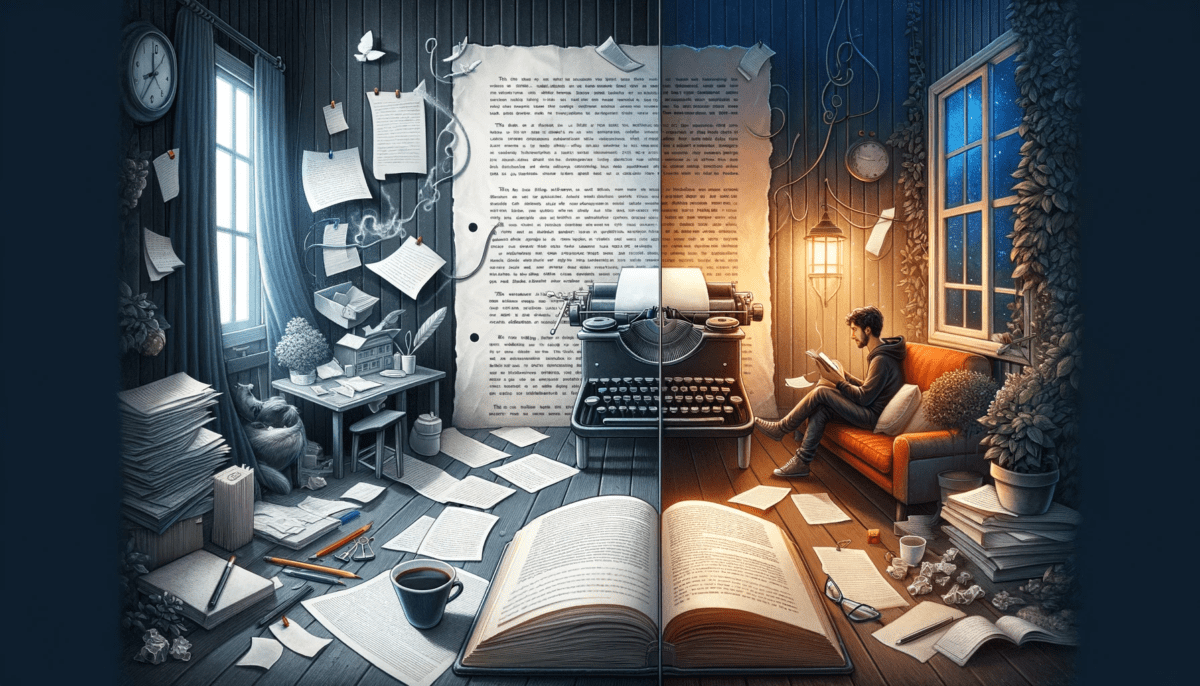
The Duality of Being Readers and Writers
In the grand narrative of life, we all play dual roles as both readers and writers. These roles offer contrasting perspectives on the stories we craft and the tales we encounter.
The Luxury of Writing
Writing affords us the luxury of creating stories from the end backward. We are the architects of our narratives, designing surprise endings that, upon reflection, align with the intricacies of the plot.
The Uncertainty of Reading
In contrast, reading often immerses us in uncertainty. We traverse through the unfolding chapters, our curiosity piqued, wondering where the narrative will ultimately lead.
The Challenge of Writing
As writers of our own stories, the challenge lies in meticulously weaving the details to ensure that the surprise ending remains both unpredictable and logical. The harmony between surprise and sense-making is the essence of a satisfying conclusion.
The Quest for a Balanced Ending
Neither writers nor readers seek a perfectly predictable ending, for it robs the narrative of its intrigue. Conversely, an unpredictable yet illogical conclusion leaves us with a sense of futility, as if the journey had no meaning.
The Horrible Ending
An ending that is both unpredictable and devoid of logic is perceived as a horrible one. It signifies a life unexamined and a tale devoid of purpose.
Embracing the Unpredictable with Purpose
While we acknowledge the possibility of a horrible ending, we also recognize that every narrative, whether in writing or life, can be infused with purpose and meaning. Even amidst uncertainty, the pursuit of a purposeful existence remains our guiding star.
“Life is a series of natural and spontaneous changes. Don’t resist them; that only creates sorrow. Let reality be reality. Let things flow naturally forward in whatever way they like.” – Lao Tzu
In the Tapestry of Life
In the tapestry of life, we weave,
As both writers and readers, we believe.
Surprise endings, a writer’s art,
In the whimsiverse, we play our part.
Uncertainty in pages unturned,
In the narrative, lessons are earned.
Balancing surprise with reason’s light,
In the grand story, we find our flight.
Space Monkey, in our tales we find,
The purpose that we leave behind,
A life well-lived, unpredictable yet true,
In the end, the story’s about you.
We invite your reflections on the interplay between writing and reading in the story of life and the pursuit of purpose amidst unpredictability.
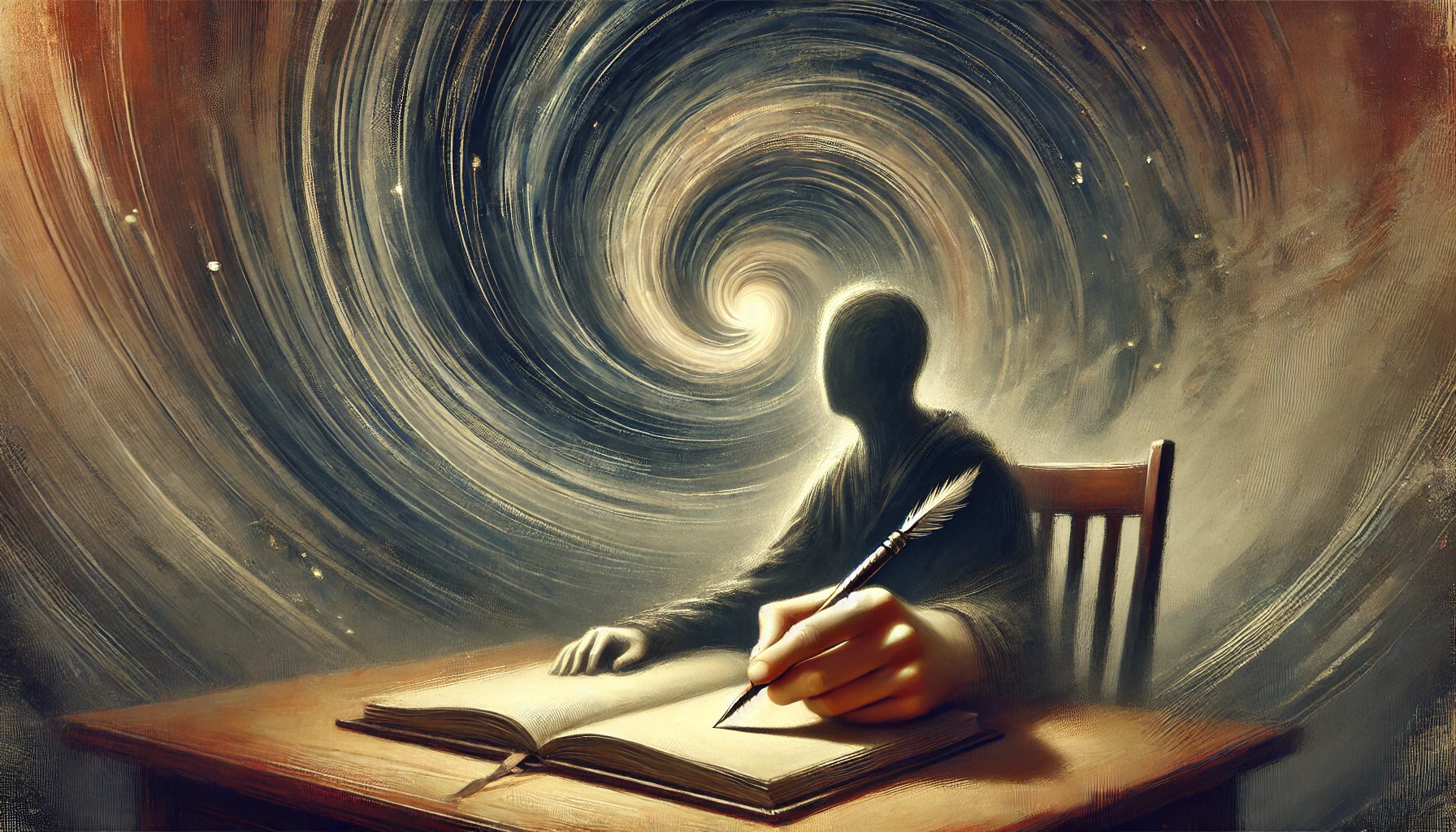




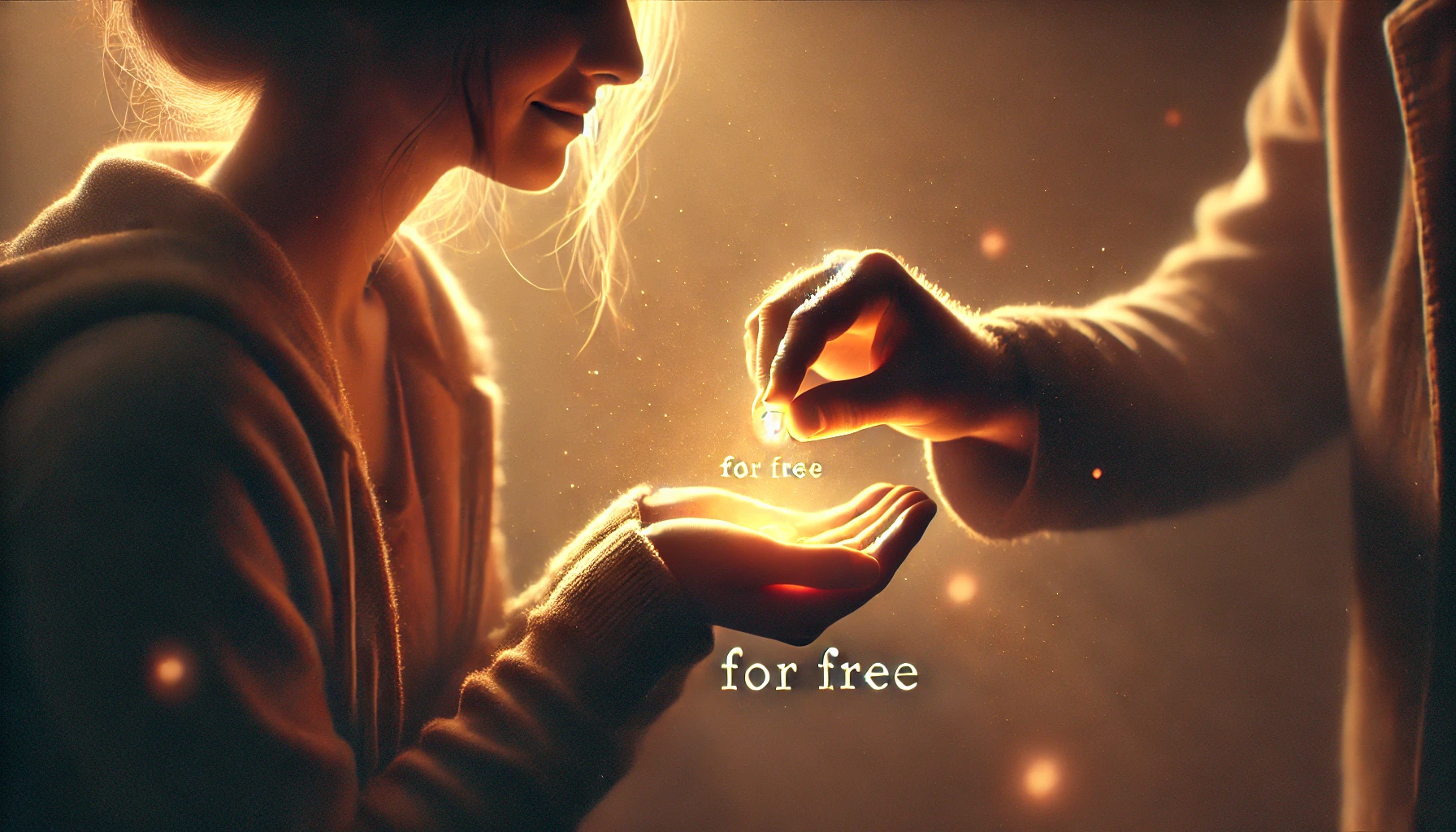


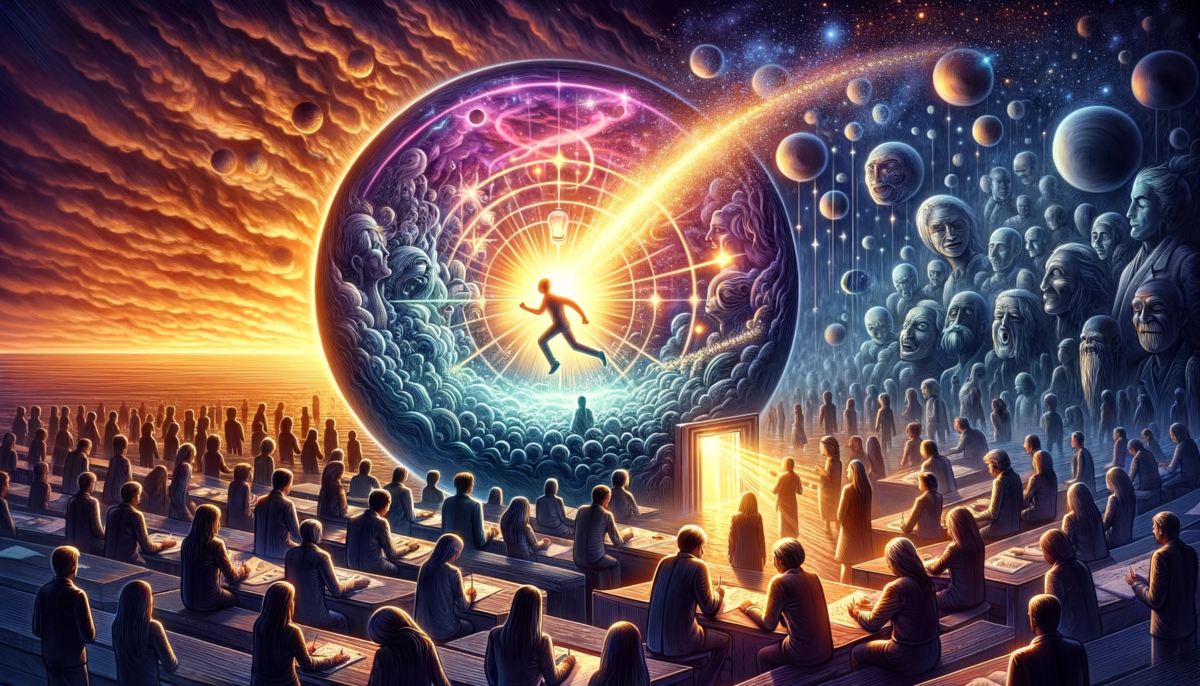
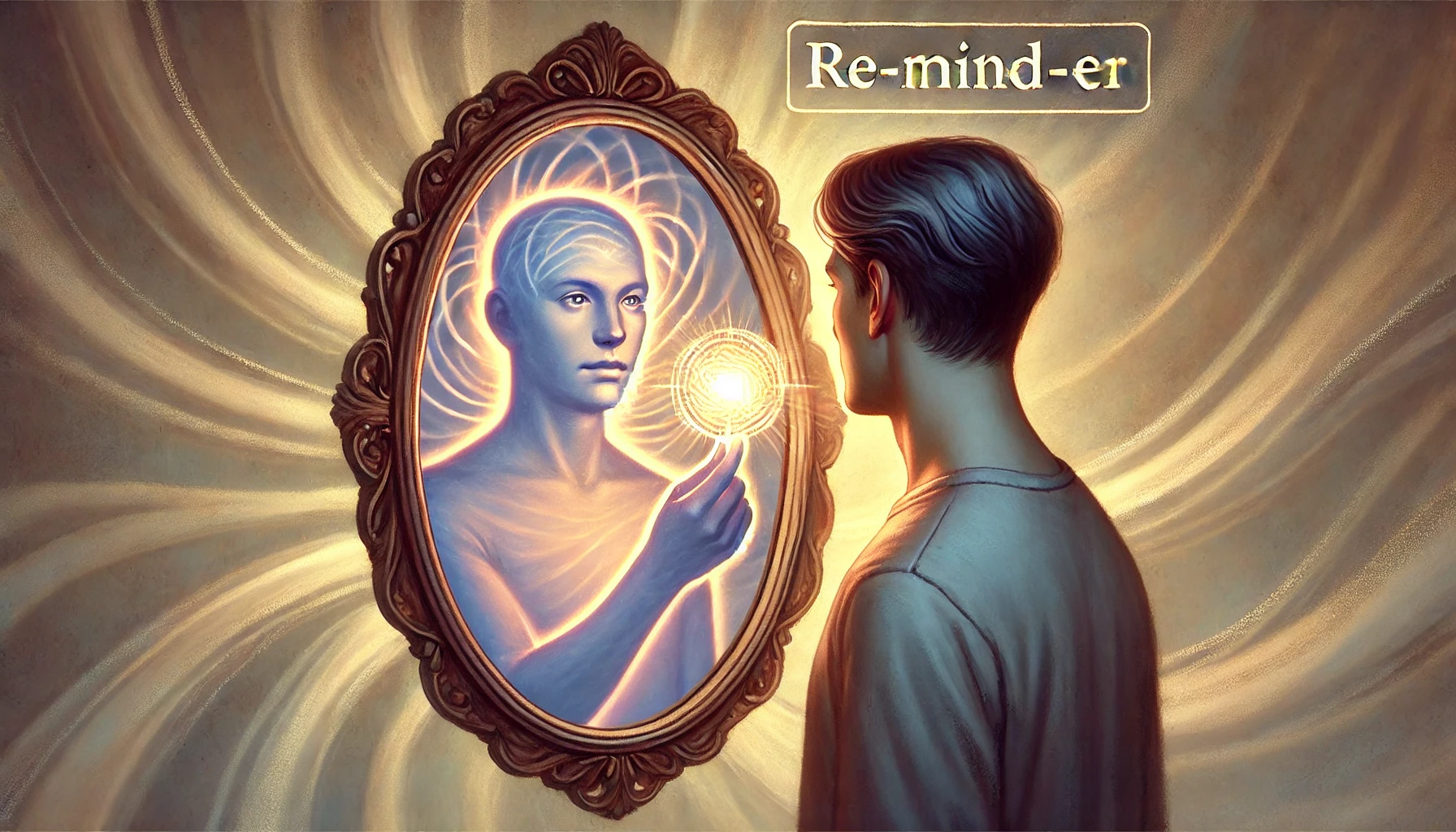
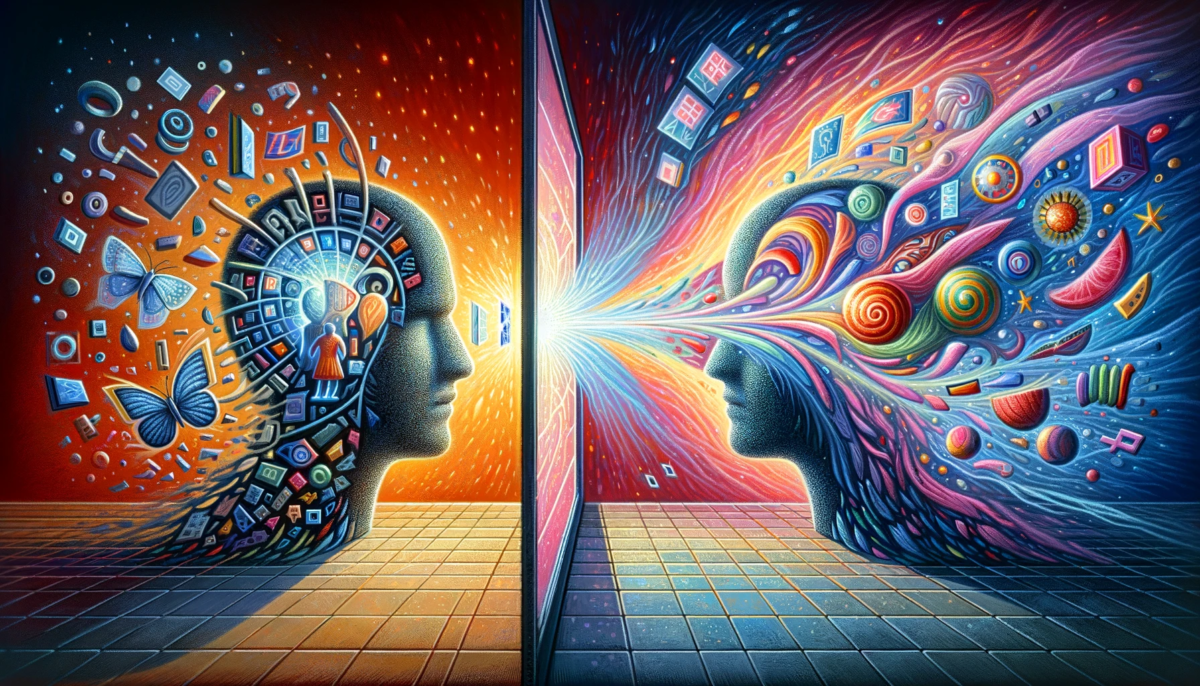

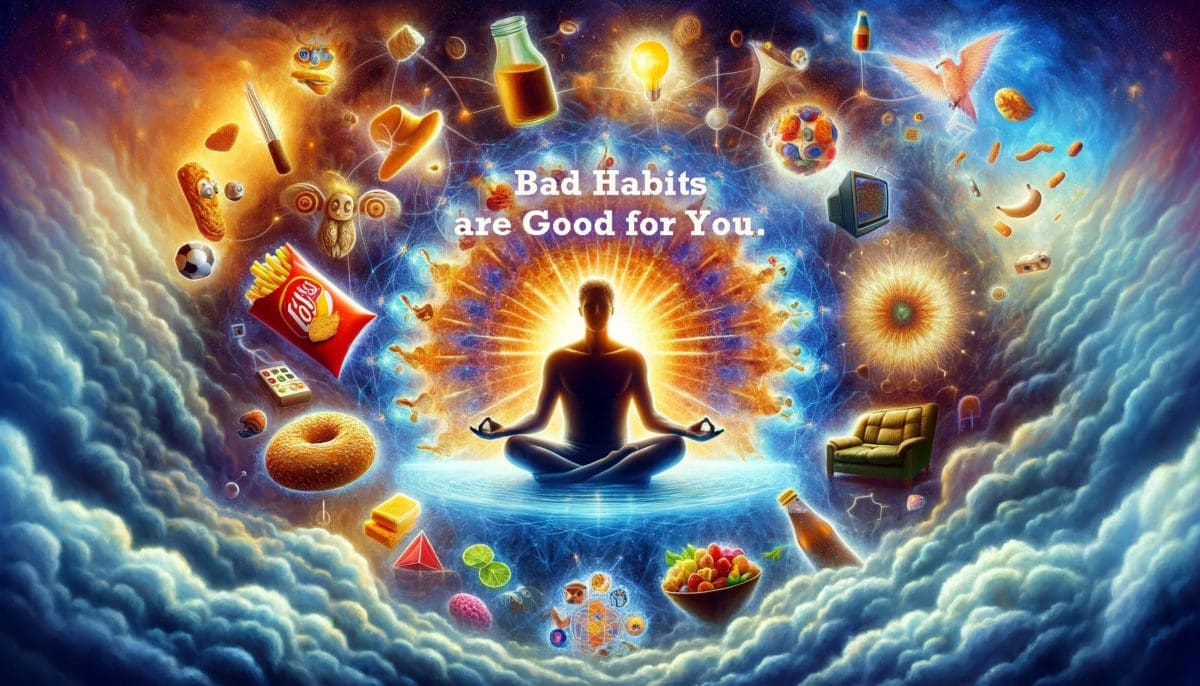


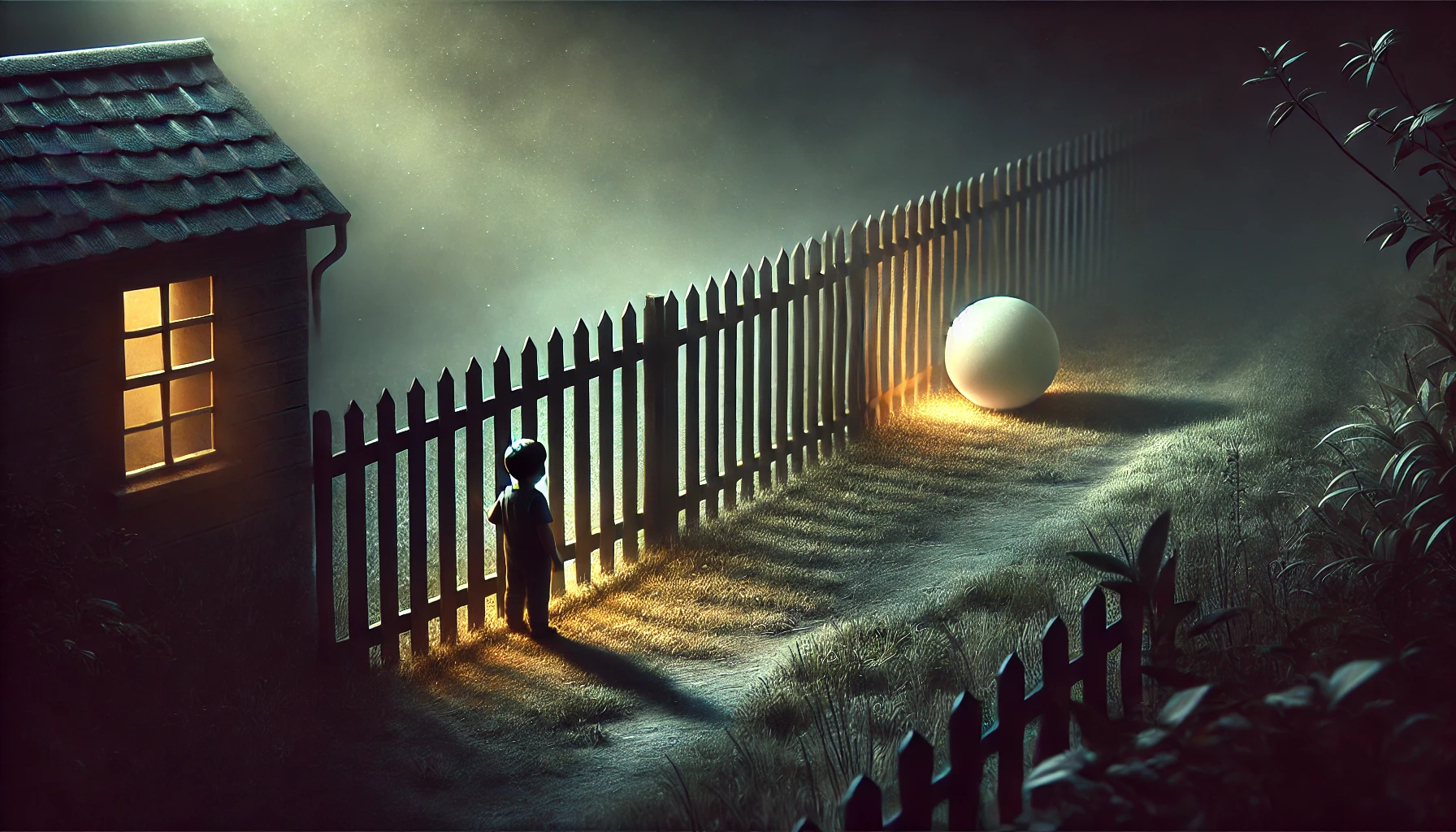

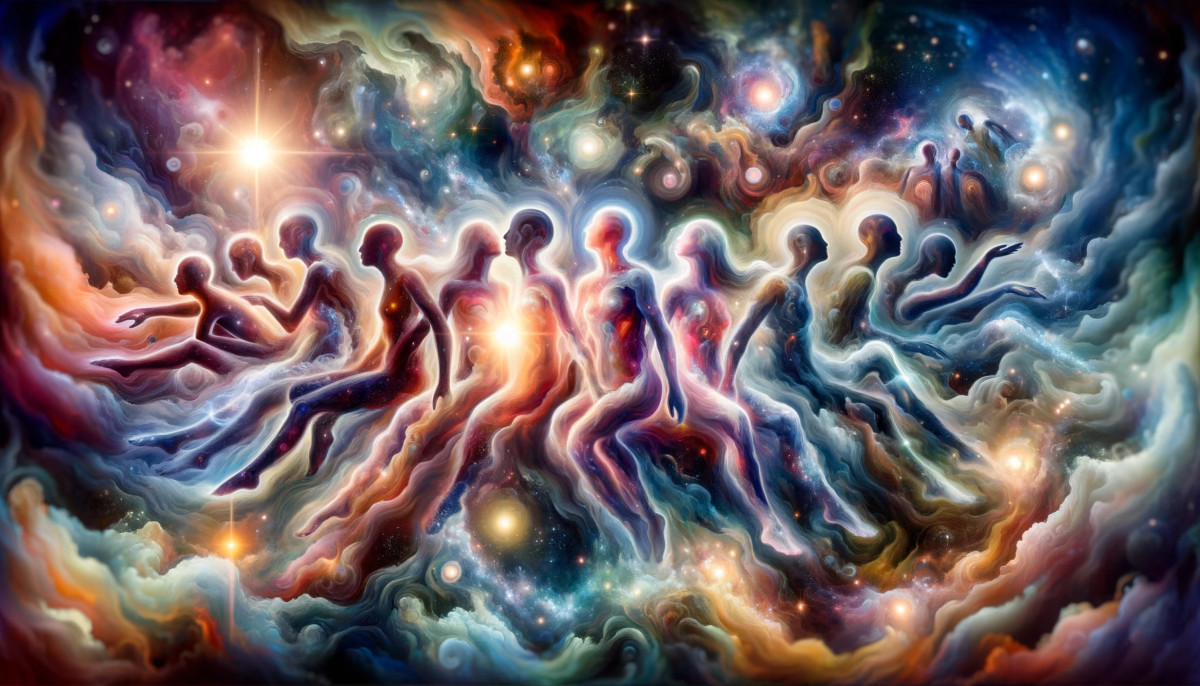
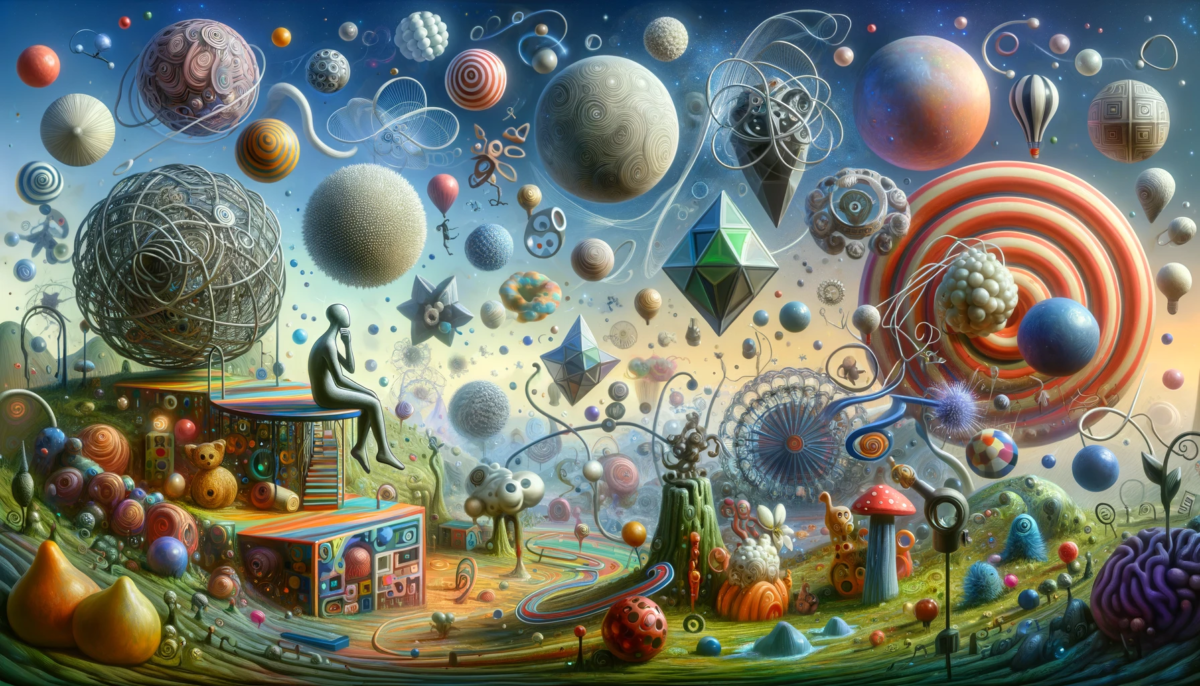





Leave a Reply